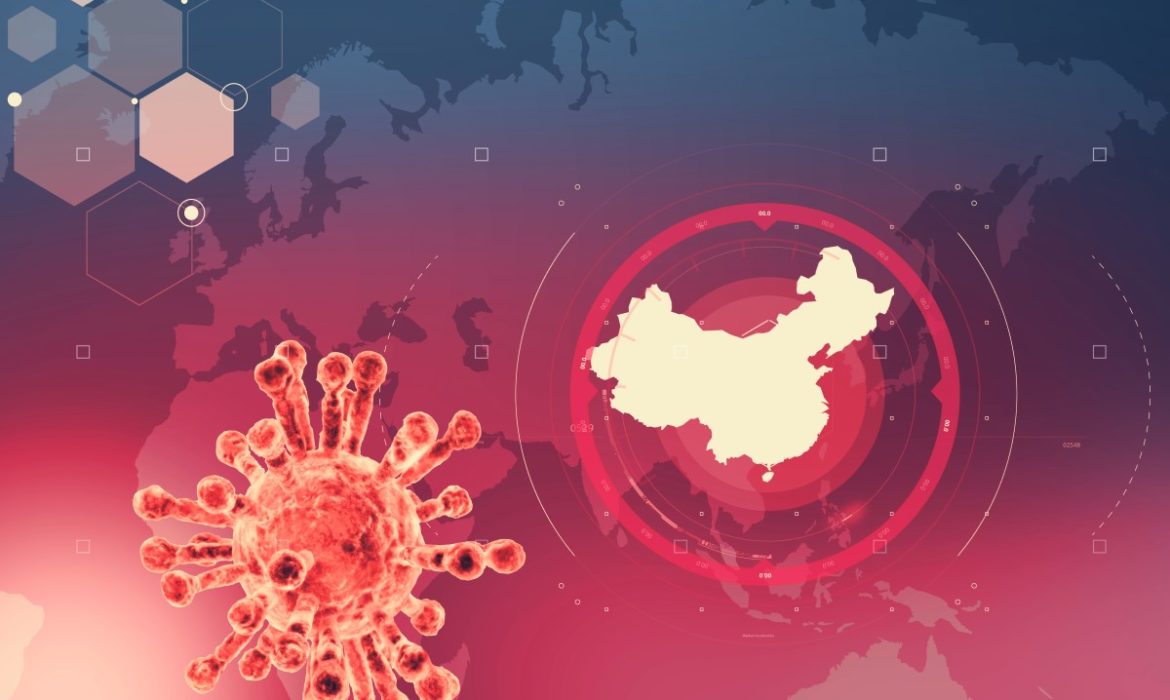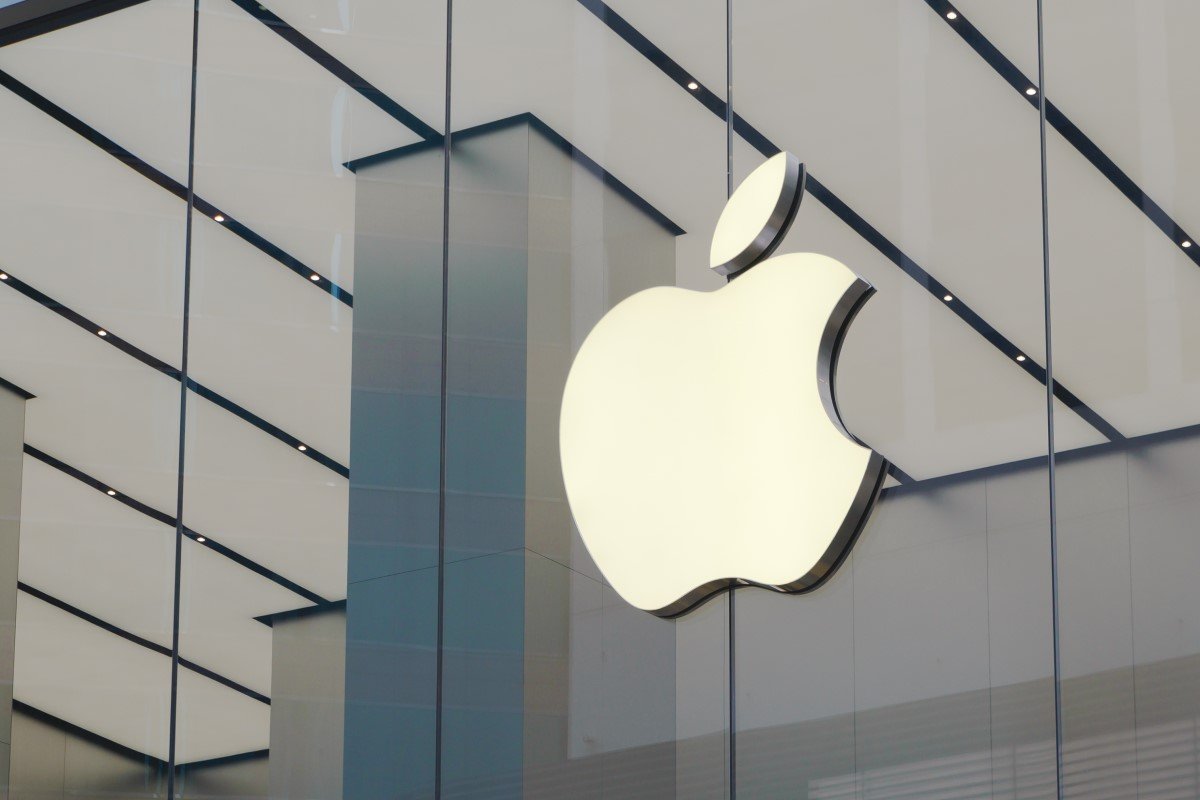The spotlight is on the corona virus outbreak. Time is of the essence during the virus outbreaks that China and other nations are now experiencing. There is a high probability of the chance of containing the cognation if the warning will come earlier.
Nevertheless, the problem with that is sometimes governments don’t want to share information. Such cases took place in 2002 and 2003. The SARS epidemic eventually claimed over 740 lives around the world. Chinese authorities were accused of covering up the virus.
On Saturday, Germany’s Health Minister talked on Bloomberg about the sidelines of the World Economic Forum in Davos. He said that now the Chinese government is more transparent than it was in the case of the SARS epidemic. The current outbreak of the virus came from the Wuhan. It has taken over 40 lives, said yesterday’s report.
Nevertheless, the world now has better information tools at its disposal than it did seventeen years ago, even if Beijing had been less forthcoming. A Toronto startup called Bluedot provides an artificial intelligence-driven health monitoring platform that analyzes billions of data points. The venture alerted its clients to the outbreak on December 31. It was launched in 2014. The alert was well ahead of notifications from the World Health Organization and the United States Centers for Disease Control and Prevention.
To track and anticipate the spread of the world’s most dangerous infectious diseases, the company uses big data analytics — last August; the company announced an investment round, which brought its total funding to around $10 million.
Bluedot Against the Virus
Bluedot is using machine learning techniques and natural-language processing to sift through global news reports, reports of animal disease outbreaks, and airline data as Wired claims. Here is how it works. Epidemiologists carefully look at the automated results, and if everything checks out, the company sends alerts to its clients in the private and public sectors.
Bluedot tries to move and track information faster than any disease can travel. It correctly forecasted where outside mainland China the Wuhan virus would land after its initial appearance. It predicted Tokyo, Taipei, Seoul, and Bangkok.

Kamran Khan is the company founder. He told the Canadian Press that on the one hand, the world is quickly changing. Thus, diseases are spreading and emerging faster. Nevertheless, we happen to have growing access to data that we can use to add to the company founder. Bluedot wants to generate insights and spread them more quickly than the diseases spread themselves.
Thus, there are some advances in tracking down the trajectory of viral illnesses by Canadian researchers. They try to stay ahead of any potential threat to Canada, like the new coronavirus.
From learning the names of individual patients to global flight patterns, scientists say that they have more ways to monitor infectious diseases than ever.
New data-driven technologies provide these insights. It has increased transparency in reporting infections and improved communications across-public health.
The newly identified coronavirus in China killed at least seventeen and sickened close to six hundred people. Other cases were in Hong Kong, Vietnam, Singapore, Thailand, South Korea, Japan, and the United States.
Let’s wait and see how artificial intelligence will provide more help in the virus issue.
















